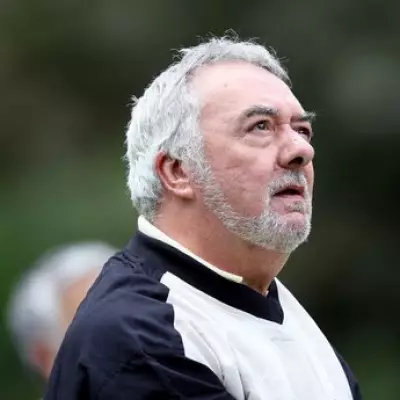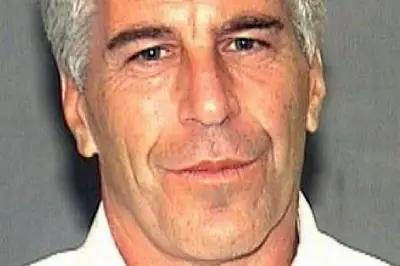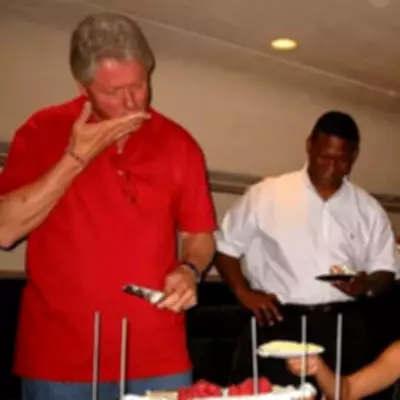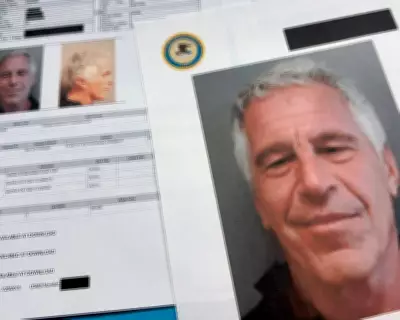
In a bombshell memoir that's reignited historical tensions, Spain's former King Juan Carlos I has openly expressed his "enormous respect" for the late dictator Francisco Franco, whose regime ruled Spain for nearly four decades.
The controversial revelations come in the former monarch's new book, where he attempts to address both his complicated political legacy and the financial scandals that forced his abdication in 2014 and subsequent exile from Spain.
A Controversial Political Inheritance
Juan Carlos, who was handpicked by Franco to restore the Spanish monarchy, writes with surprising candour about his relationship with the fascist leader. "I always had enormous respect for him," the former king states, acknowledging the complex dynamic between the young royal and the ageing dictator.
The memoir details how Franco personally oversaw Juan Carlos's education and political training, shaping him into what he called "my masterpiece" - a successor who would continue his vision for Spain.
From Saviour to Scandal
Once hailed as a democratic hero for his role in thwarting a 1981 military coup, Juan Carlos's reputation has undergone a dramatic collapse in recent years. The memoir attempts to confront the financial controversies that have tarnished his legacy, including:
- Investigations into alleged corruption and money laundering
- Secret offshore accounts and questionable financial dealings
- The €65 million gift from Saudi Arabia that sparked outrage
- His self-imposed exile to Abu Dhabi in 2020
Despite addressing these issues, critics argue the former monarch shows little genuine remorse for actions that severely damaged the royal institution.
Royal Family Fallout
The timing of the memoir's publication has created additional strain within the Spanish royal household. Current King Felipe VI, who succeeded his father, has worked diligently to restore public trust in the monarchy through transparency and modernisation.
Juan Carlos's decision to publicly air his controversial views on Franco and defend his financial conduct threatens to undermine these efforts, potentially reopening old wounds in a country still grappling with the legacy of Franco's dictatorship.
The memoir has sparked fierce debate across Spanish society, with historians and political commentators divided over whether it represents a genuine attempt at reconciliation or merely a self-serving justification of a troubled legacy.





